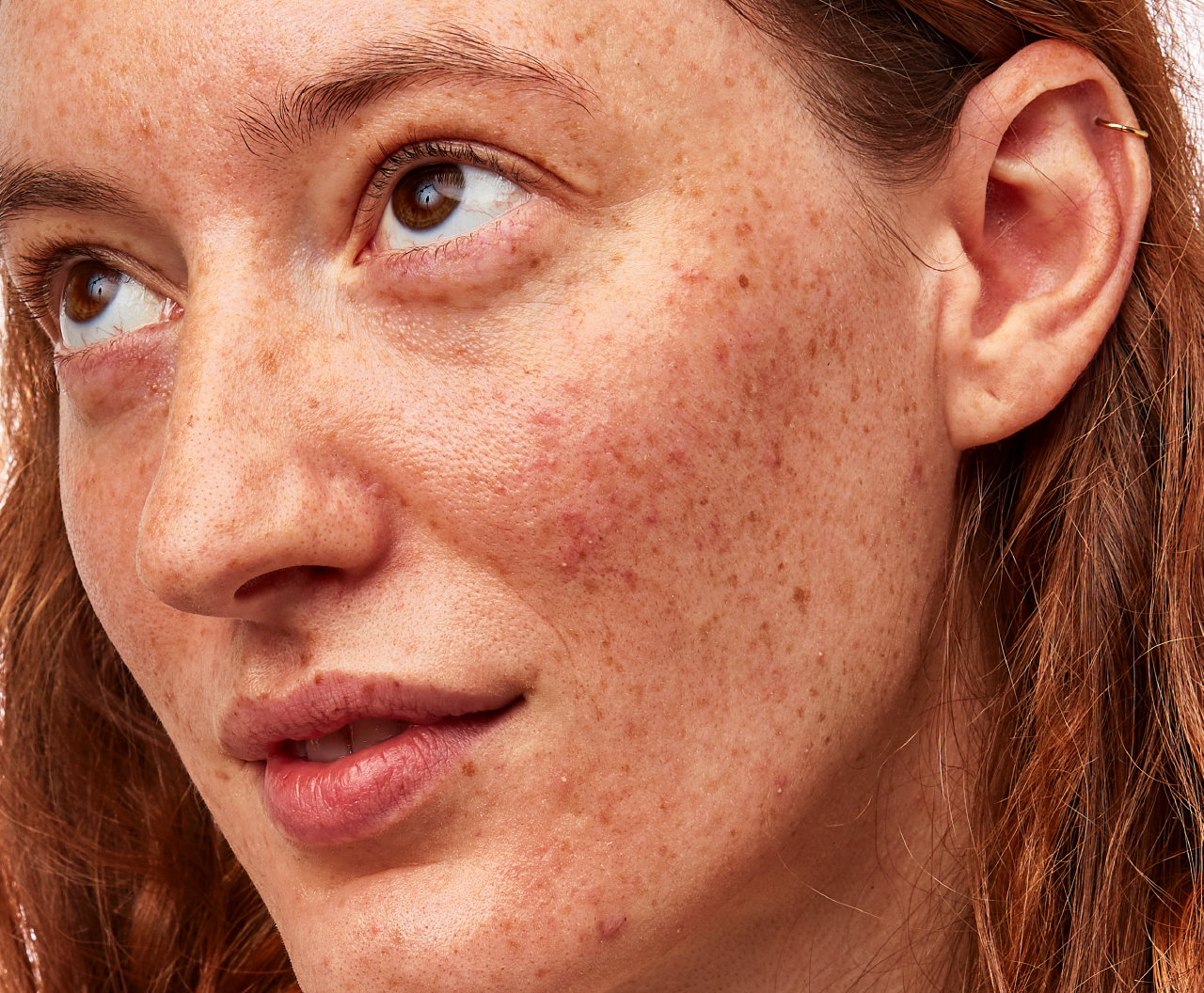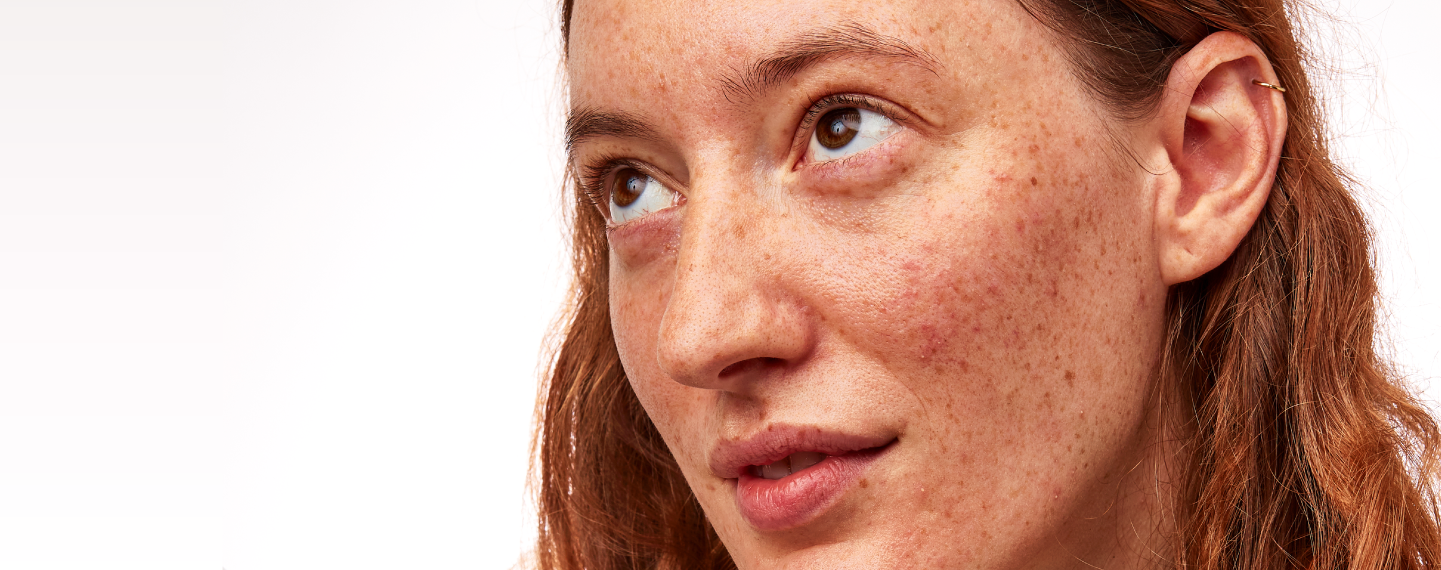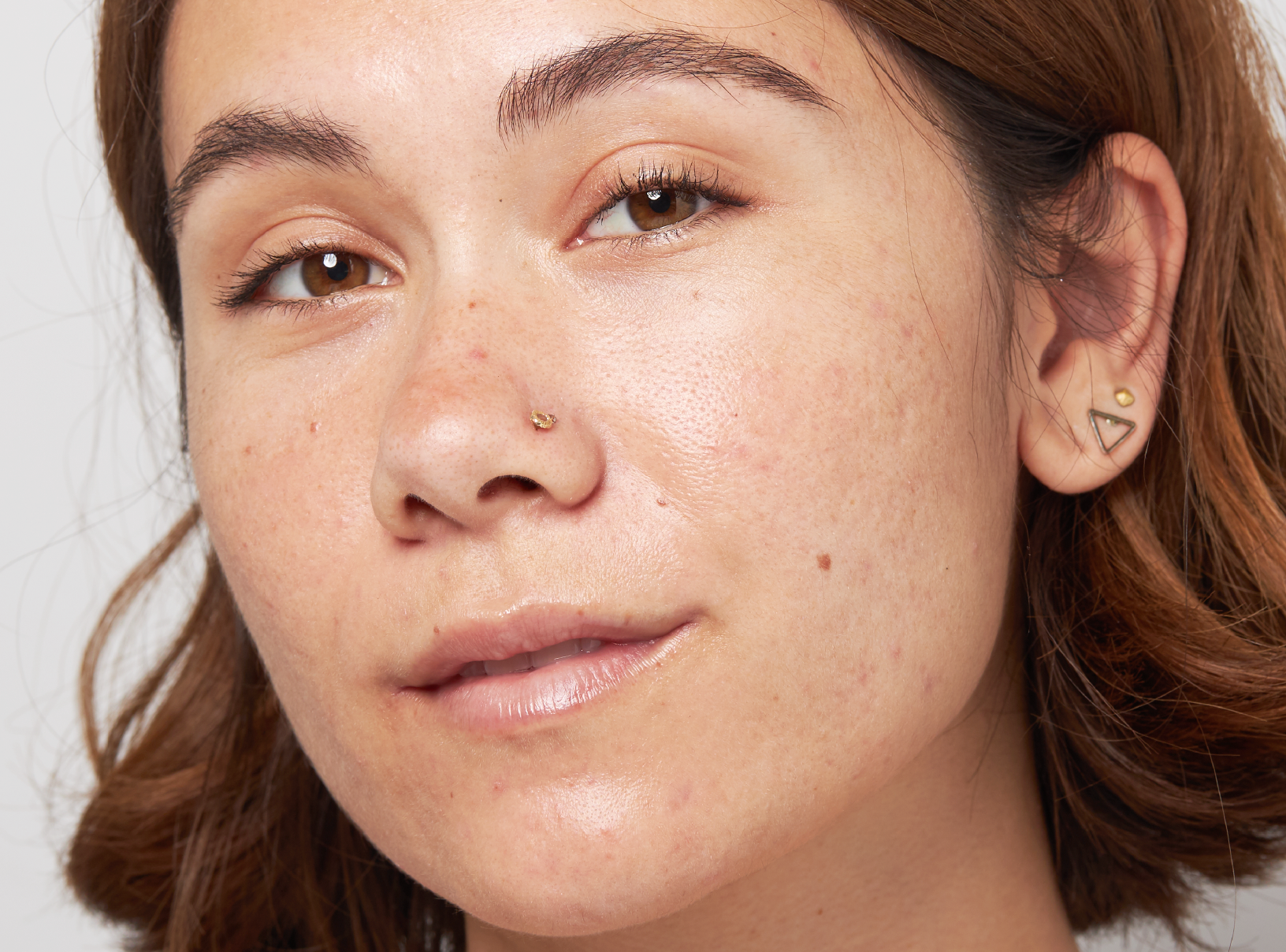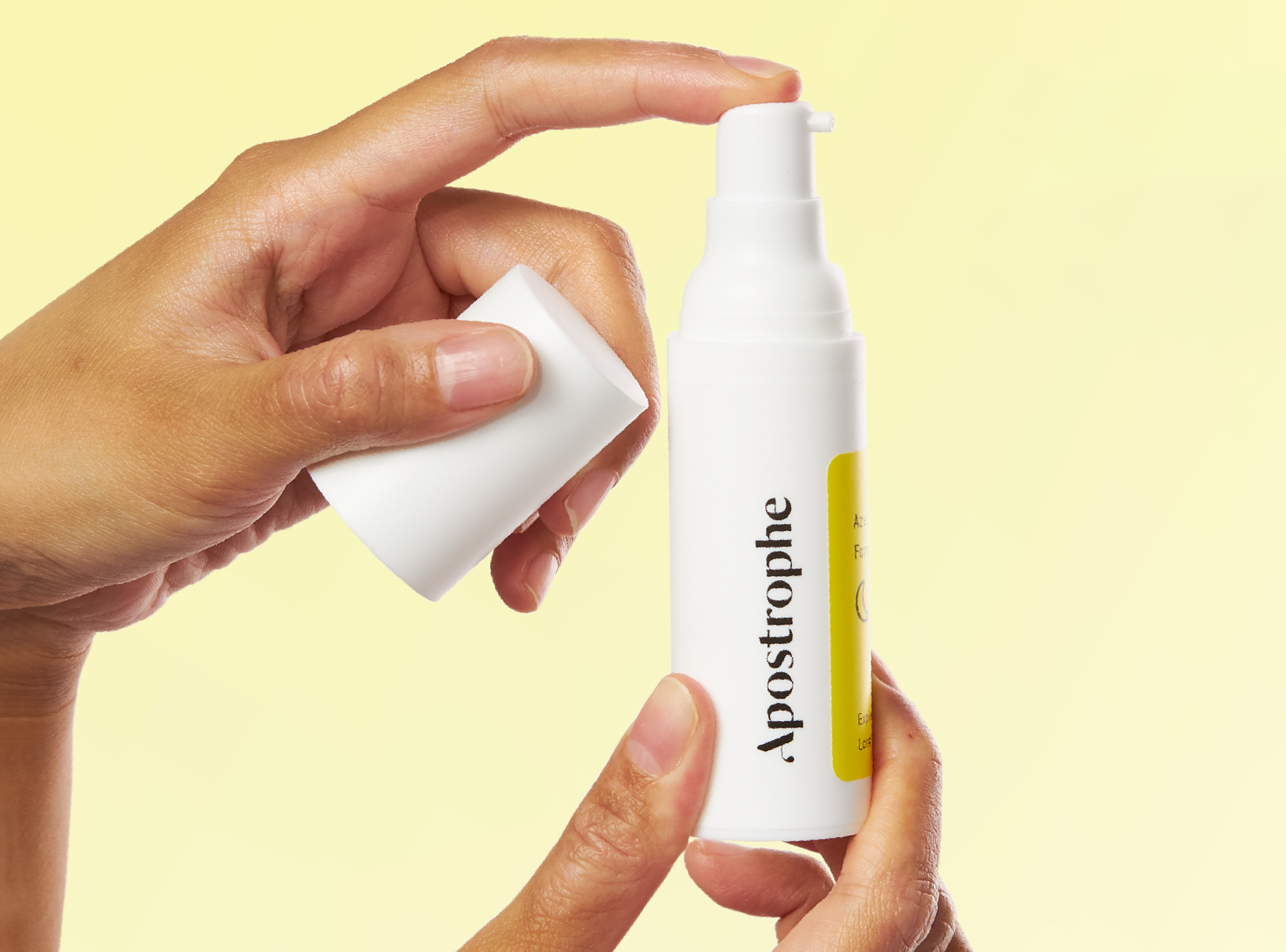Education
Sunscreen Tips For Acne-Prone Skin


SHARE
Education
Sunscreen Tips For Acne-Prone Skin
Medically reviewed by Aimee Paik, MD
Written by Annie Lam
Last updated 10/4/2024
We know having acne is frustrating, and sometimes it feels like every product you try may be breaking you out. Unfortunately, many put the blame on their sunscreen. People often describe sunscreen as “heavy” and “greasy” but is it really causing your breakouts? We’re debunking some common acne and sunscreen myths and sharing our tips on what to look for when sunscreen shopping for acne-prone skin.
Common Acne + Sunscreen Myths
Sunscreen causes breakouts
Dermatologists and skinfluencers constantly talk about the importance of SPF, but are you noticing increased breakouts with your sunscreen? While it’s true that some greasy, heavier sunscreens may clog pores and worsen acne, this isn’t the case for all (or most) sunscreens. What’s most important is finding a formula that works well for your skin. Daily sun protection is essential to preventing skin cancer, hyperpigmentation, and signs of aging, so it’s important to find a sunscreen you love! The providers on our platform recommend looking for lightweight, oil-free formulas that don’t feel heavy or greasy on the skin.

CUSTOMIZED HYPERPIGMENTATION TREATMENT
Get customized treatment for your dark spots, melasma, and hyperpigmentation.
You need to use a separate moisturizer + SPF
We always say the three basic steps in a skincare routine are cleanser, moisturizer, and SPF. However, there are many hydrating sunscreen formulas that can double as your moisturizer + SPF in one! This works especially well for people with combination or oily skin that can find sunscreens heavy. Using this hack keeps your routine simple and your skin hydrated and protected.
If you have acne you can only use mineral sunscreens
Some claim that acne-prone skin can be more sensitive, so mineral sunscreen is the best option. While mineral sunscreens may be a better choice for sensitive skin, the formulas tend to be thicker and heavier. Chemical sunscreens tend to be more lightweight and also work well for acne-prone skin - it’s all about the formula. Regardless of having acne, whether you choose mineral vs chemical sunscreen doesn’t really matter. What’s most important is finding a broad-spectrum SPF 30+ that works well for your skin.
Our sunscreen tips for acne-prone skin
💦 Look for oil-free formulas. Oil-free sunscreens tend to feel more lightweight on the skin. If your skin often feels heavy or greasy when applying sunscreen, consider looking for a formula without heavy oils like coconut oil.
🧈 Avoid heavy butters. Ingredients like shea butter and cocoa butter can feel very heavy on the skin, which may exacerbate acne. Consider looking for a more lightweight formula without these ingredients.
☀️ Use other sun protection methods. Sunscreen is essential for healthy skin, but taking additional sun protection measures is also important to avoid worsening hyperpigmentation! Wear a hat while outdoors, and try to seek shade during peak hours of the day (12-3 PM).
While sunscreen can get a bad reputation for acne-prone folks, it’s an essential part of your routine.
Like what you just read? Sign up for our email list to get the scoop on skincare science delivered straight to your inbox.

Deep Dives
A dermatologist shares his thoughts on the recent studies about benzoyl peroxide and benzene.
Read More
Education
What is milia?
What is milia? Today, we’re jumping into one type of bump that you may have heard about most commonly in infants — milia.
Read More
Education
Best moisturizer for acne-prone skin
If you have combination acne-prone skin, figuring out which moisturizer is best for your skin might be tough. In this guide, we break down the best moisturizer for combination, acne-prone skin.
Read More